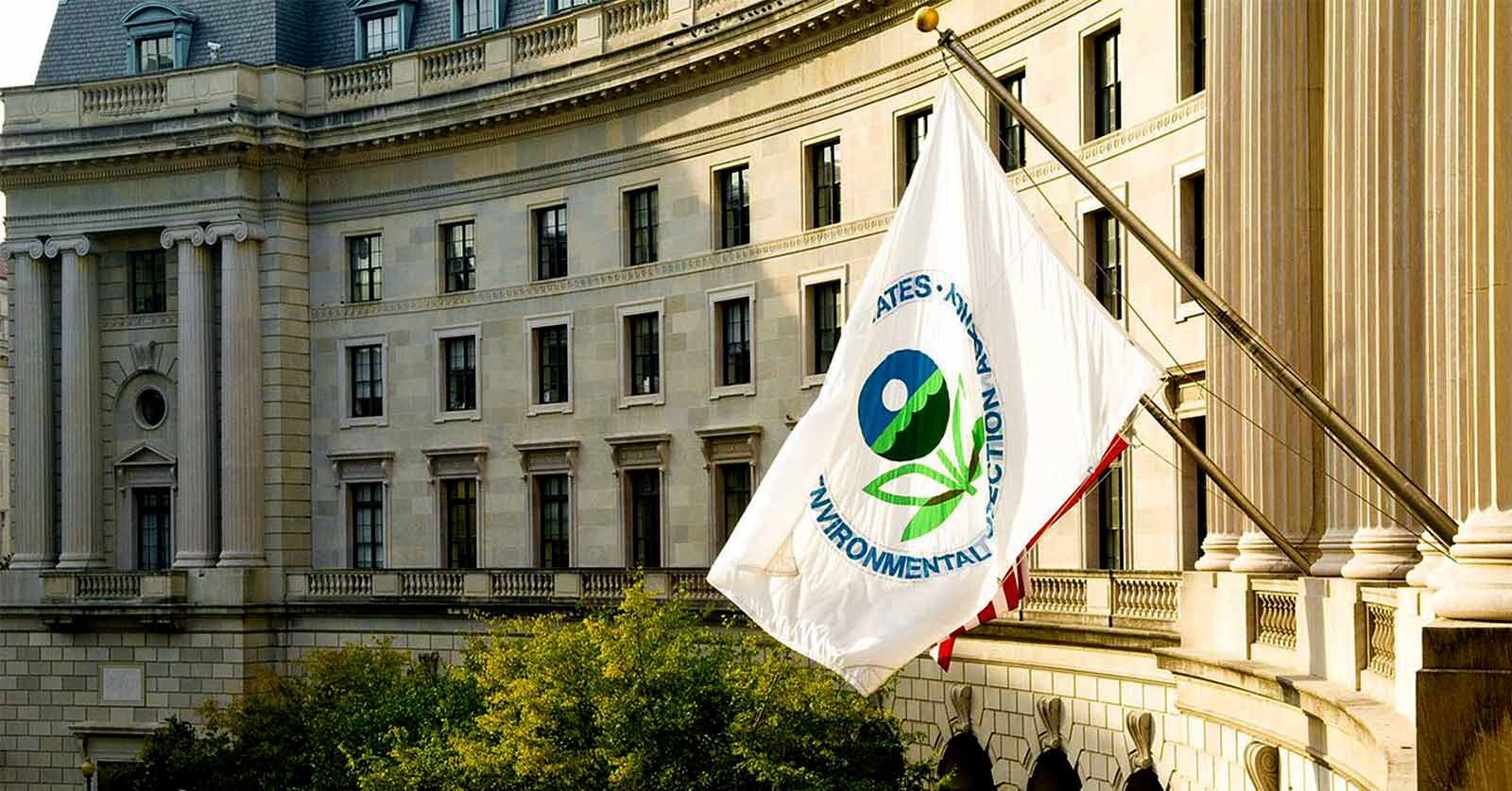The Fiscal Year 2023 budget proposal anticipates high annual deficits leading to record levels of national debt. According to this budget, annual deficits between FY2022 and FY2032 range from a low of $1.176 trillion (FY2023) to a high $2.014 trillion (FY2032). At a total $39.5 trillion in 2032, the overall debt would represent a 106.7 percent debt-to-GDP ratio, an inglorious record. But this may be an overly rosy scenario.
The Fiscal Year 2023 budget proposal projects a cumulative $14.4 trillion in annual budget deficits for FY2023-FY2032. But, according to the budget, $14.4 trillion would actually be a nearly $1 trillion decrease in total deficits from the current trajectory. This $1 trillion in savings would come from the president’s proposed minimum tax on billionaires ($360 billion over 10 years), “additional investments and reforms” (worth $1.413 trillion), and $95 billion in reduced debt service costs. Some of this savings would be redirected to areas the president proposes increasing spending, such as additional pandemic preparation, K-12 investments, etc, resulting in the net $1 trillion in projected reductions in future deficits. And the budget states savings may even be greater. It includes a deficit neutral reserve “for legislation that reduces costs, expands productive capacity, and reforms the tax system.” This is the president’s pitch for reviving some version of the stalled Build Back Better bill.
Call us skeptical. Mainly because the budget’s revenue raisers are items the current Congress has failed to implement, or outright rejected. The budget projects raising an additional $1.6 trillion from various corporate taxes, including increasing the corporate tax rate to 28% and adopting the administration’s proposed “Undertaxed Profits Rule.” In addition to the $360 billion tax on billionaires, the budget generates another roughly $360 billion by increasing the marginal tax rate on the highest earners, reforming the taxation of capital income, and closing various loopholes. Tens of billions of dollars are also raised through various “program integrity proposals” to eliminate waste, fraud, and abuse across many programs.
While many of these tax proposals may be in the public interest, and the administration’s proposal to eliminate dozens of fossil fuel tax breaks would fall into that category, the road to implementing them in the current Congress will be rough. The Biden Administration will need to put some actions behind its words and find a willing partner in Congress.














Get Social